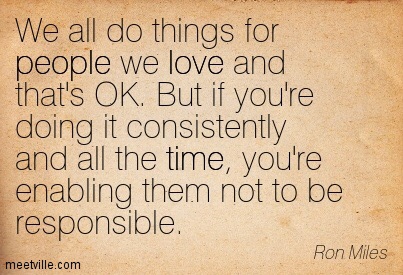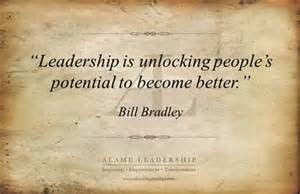
- Do you feel emotionally drained?
- Are you physically drained?
- Are you surrounded by people who need you?
- Do you find yourself thinking about other people’s problems?
- Is it hard to say no?
- Are you putting your life on hold?
- Do you have less time for the things that bring you joy?
- Does your mood change depending on what you’re doing for someone else?
- Do you worry about or try to avoid conflict?
- Do you worry that saying no will negatively affect your relationship?
If you answered yes to half of these questions, then you are overly investing in someone else’s life and not enough in your own. If your next thought is, “Well, I have to, it’s my child, my parent, my sibling, my spouse….” then you are over functioning. Gaining a sense of worth with over functioning is different from feeling happy about helping someone else. Identifying with a love language that says: “I have to do for others to the point that I feel depleted”, “My wishes are on the back burner”, “I am exhausted”, “Someone will be disappointed in me”, “Someone will be mad at me”, “I will not feel okay”, is not a healthy love language. Feeling overly responsible for another person’s issues results in self-abandoning thoughts and behaviors. There is a vast difference between being helpful and being overly involved.
Enabling takes away responsibility from others. Consider the work people do as doctors, lawyers, mental health therapists, and other problem solvers. Being overly involved takes away the ability to be helpful. The more one identifies with the issues and loses the purpose of support, the less support can be given. Overly identifying with patients and clients can create a sense of helplessness. This is not good or appropriate for someone who has to be able to see the big picture and offer solutions. A doctor cannot feel defeated by a diagnosis of cancer and through a sense of loss just tell a patient that there’s nothing that can be done. Even at stage four cancer, life can be made better, more comfortable, even if cancer cannot be beat. Some people even beat cancer miraculously! A therapist cannot lose hope for the couple or individual who wants to change but doesn’t know how. No matter how challenging a situation, creative, passionate solutions won’t come to mind. Inspiration and passion can flow when one is more self-differentiated instead of emotionally over functioning.
The Good News!
 Trying to save someone from their own life lessons stops the other person’s learning process. Good, healthy love has trust and patience. Trust provides the ability to allow the journey to unfold based on truth, not on alterations that avoid the truth. The journey to healing doesn’t belong to the doctor, the therapist, or parent. It belongs to the person experiencing the challenge. We all must crawl before we walk. This is essential. The crawl brings about the needed foundations for the walking. This is true in all areas of life. “The walk” brings about vital information and knowledge. Being overly invested in another person’s journey also takes precious resources and energy needed for your own journey. Allowing your opportunity to be stolen away only keeps you from investing in your own life. We are each responsible for our joy, sanity, and love. No one else can do this for us.
Trying to save someone from their own life lessons stops the other person’s learning process. Good, healthy love has trust and patience. Trust provides the ability to allow the journey to unfold based on truth, not on alterations that avoid the truth. The journey to healing doesn’t belong to the doctor, the therapist, or parent. It belongs to the person experiencing the challenge. We all must crawl before we walk. This is essential. The crawl brings about the needed foundations for the walking. This is true in all areas of life. “The walk” brings about vital information and knowledge. Being overly invested in another person’s journey also takes precious resources and energy needed for your own journey. Allowing your opportunity to be stolen away only keeps you from investing in your own life. We are each responsible for our joy, sanity, and love. No one else can do this for us.
Grow and let go of what does not belong to you. Remaining self-differentiated allows a person to give another person what is needed without being co-dependent or overly invested. Invest in healthier things. Invest in your life, your dreams, your wishes. You won’t have to over function for others and you’ll have more passion and inspiration to share!

Our Blog